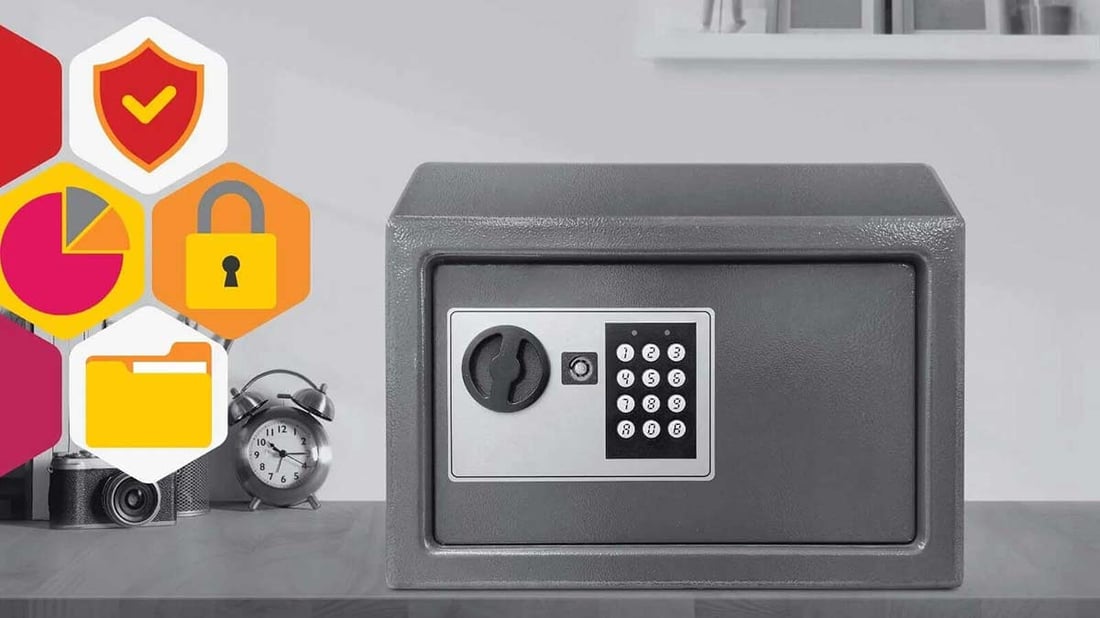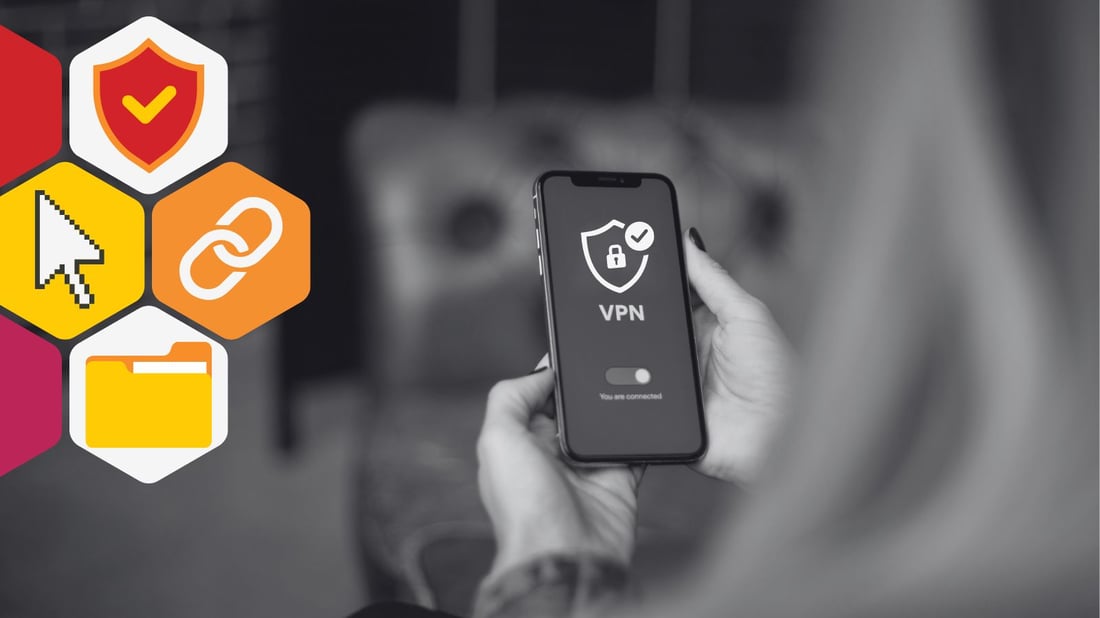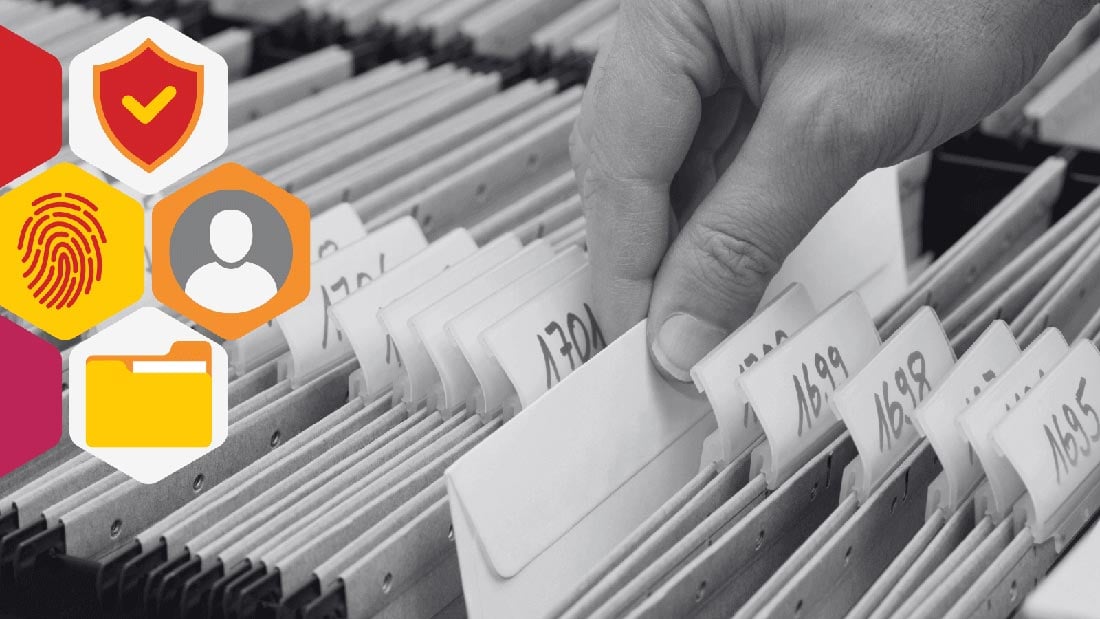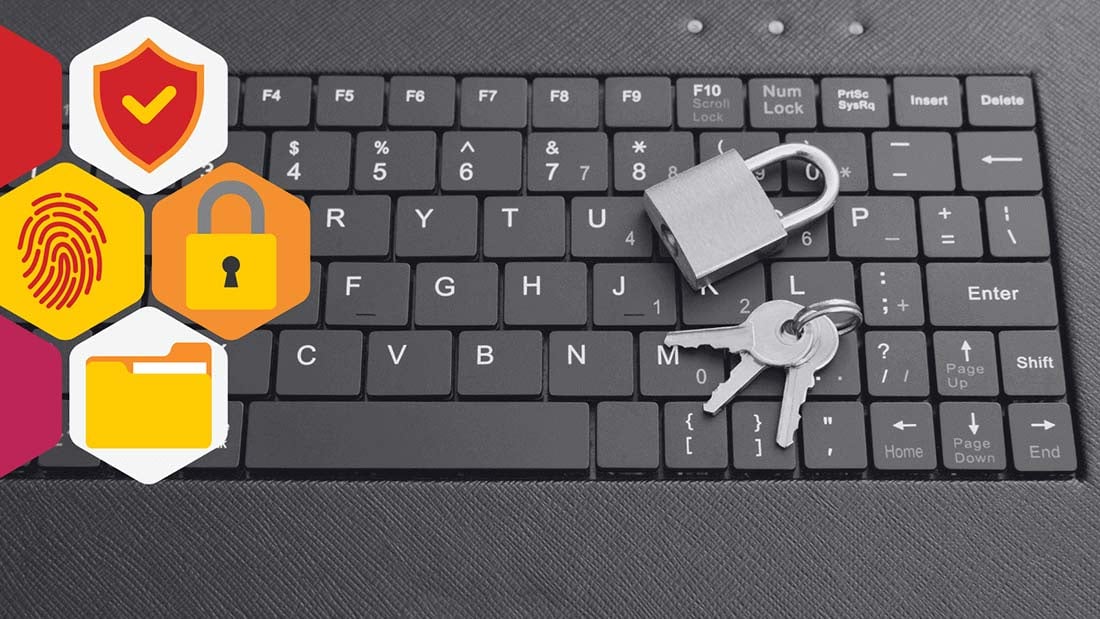The 9 Golden Rules to Keep Your Passwords Safe and Secure
In our fast-paced digital world, where passwords guard everything from your bank account to your cat’s Instagram profile, ensuring their security is...
Psst: CISOs and experts, this is one of our beginner-oriented articles! If you're looking for more advanced material, we recommend a dive into the blog archives!
The point of National Internet Safety Month is to educate people about the risks associated with navigating the online world and provide them with the tools and resources necessary to protect themselves.
Cybersecurity threats are no joke - according to a recent statistic, there was a 600% increase in phishing attacks during the pandemic! That's why it's essential to have a month dedicated to raising awareness of online safety and encouraging individuals, businesses, and organizations to take action.
National Internet Safety Month benefits people in their personal and professional lives by helping them stay safe online. Whether you're sharing family photos on social media or conducting business transactions, being aware of potential threats and taking steps to protect yourself can prevent identity theft, financial loss, and other cyberattacks.
By participating in this initiative, you're not only protecting yourself but also contributing to a safer online environment for everyone.
Listen up, internet users! If you're not taking your online safety seriously, it's time to wake up and smell the cybersecurity coffee. Here are some tips to keep yourself protected and secure in this digital world:
Now, some of you might be thinking, "I'm not a tech genius, how am I supposed to do all this?"
Don't worry, even if you're not an IT whiz, you can still take control of your digital life. Start by being proactive and taking small steps to secure your online presence. Start the conversation with your friends, family members, and coworkers. And remember, you're not alone - there are plenty of resources available to help you stay safe online.
If you liked this advice, we have great news: you can download the Cybermaniacs Internet Safety Poster to help celebrate June as Internet Safety Month.
Happy June and stay safe! By following these cybersecurity tips, you'll be taking a giant leap toward ensuring your online safety and privacy.
Don't wait until it's too late - start protecting yourself today.
If you want to learn more about our innovative, engaging cybersecurity training, let’s talk! Get in touch with us.

In our fast-paced digital world, where passwords guard everything from your bank account to your cat’s Instagram profile, ensuring their security is...
3 min read

Ever felt that unnerving sensation of someone peeking over your digital shoulder while you're deeply immersed in binge-watching your favorite show or...
5 min read

Last year, there were over 1.1 million cases of identity theft in the United States alone. At least 422 million individuals were impacted. Hackers...
3 min read
